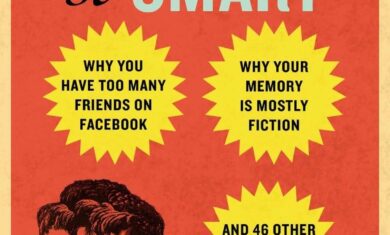If you’ve read some of my posts over the last few years, you’ve probably seen some of my fascination (and struggle) with the idea of separating decisions from outcomes. Brent Menswar’s book “Black Sheep” gives a simple name to it: outcome bias.
Using an outcome to justify whether a decision is good or bad is something behavioral scientists call “outcome bias.”
It’s so easy to look back on a decision to determine the quality of it based on how things played out in the end. That can sometimes be helpful, but often will lead you to poorer decision-making in the future.
Two easy examples that I’ve likely shared before:
- You’re playing poker and you’re dealt two aces to start, so you stay in. You eventually lose the hand. Does that mean it’s a bad decision to stay in when you get two aces to start? Of course not. That was a good decision that happened to lead to a bad outcome.
- You get quite drunk and decide to drive home. You make it home safely; no accident, no ticket. Does that make driving home drunk a good decision? Of course not. That was a bad decision that happened to lead to a good outcome.
Outcome bias is tricky, but recognizing it can help you to really judge the quality of a decision based on the merits of the decision itself (and your information at the time), versus simply seeing how things played out in the end.




